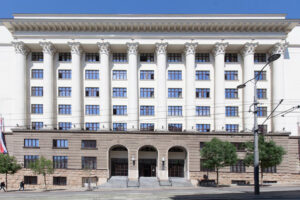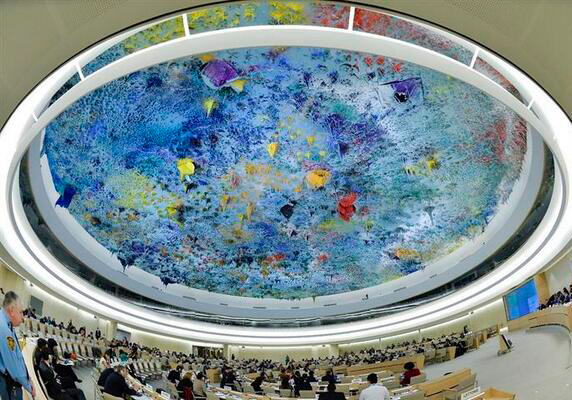
Jun 13, 2014 | Advocacy, Non-legal submissions
The ICJ today delivered an oral statement on extrajudicial, summary or arbitrary executions, expressing concerns about recent and pending legislation in Pakistan on the use of firearms and other force by law enforcement officials.
The joint statement, delivered at the UN Human Rights Council during the interactive dialogue with the Special Rapporteur and on behalf also of the Human Rights Commission of Pakistan (HRCP), expressed appreciation for the Special Rapporteur’s emphasis in his study on the issue, on the need for states to bring domestic laws on the use of force by law enforcement agencies, into line with international standards.
The statement noted that it was not clear whether the Protection of Pakistan Ordinance (PPO) 2013, which is currently in force, and the proposed Protection of Pakistan Bill (PPB) 2014 currently being debated in Parliament, were provided for review.
The statement explained how the PPO and PPB contain provisions that give law enforcement agencies overbroad powers to use firearms without independent accountability, in contravention of international standards. They increase the risk of use of excessive and lethal force and arbitrary deprivation of life.
The full statement may be downloaded in PDF form: Advocacy-HRC26-SREJEs-12062014.
The Report of the Special Rapporteur is available here.
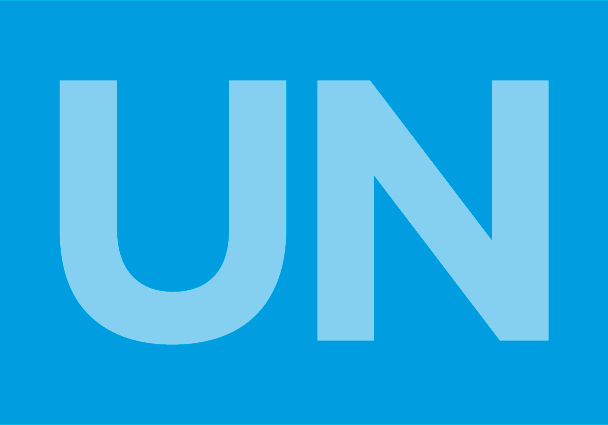
Jun 11, 2014 | Advocacy, Non-legal submissions
The ICJ delivered an oral statement to the UN Human Rights Council today, in the interactive dialogue with the Working Group on business and human rights.
The statement, made jointly with FIDH, Franciscans International, and CIDSE, noted the lack of implementation of the existing UN Guiding Principles on Business and Human Rights at the national level. It highlighted the systematic obstacles faced by many victims of human rights violations involving businesses.
The statement called on the council to continue building on the normative and institutional progress made by the Guiding Principles, and take decisive action to start a process towards the elaboration of a legally binding instrument in the area of business and human rights.
BHRstatement ICJ FIDH CIDSE FI-advocay-non legal submission-2014 (full text in pdf)
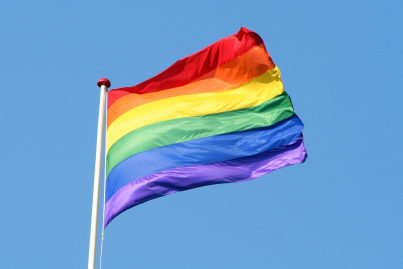
Jun 11, 2014 | Advocacy, Non-legal submissions
The ICJ, together with the International Lesbian and Gay Association (ILGA) and on behalf of ARC International, today delivered an oral statement to the Human Rights Council during an interactive dialogue with the UN Special Rapporteur on peaceful assembly and association.
The report of the Special Rapporteur addressed challenges faced by groups at risk, including lesbian, gay, bisexual, transgender and intersex persons.
The statement welcomed the report by the Special Rapporteur.
It referred to the Nigerian Same Sex Marriage (Prohibition) Act (which in fact criminalizes a much broader range of human rights-protected activities than its title would necessarily suggest), Uganda’s Anti-Homosexuality Act, and Ukraine’s draft law on “propaganda of homosexual relations”. All of these laws impede freedom of peaceful assembly of LGBTI persons. The Nigerian law also interferes with freedom of association, as it bans registration, funding and activities of “gay” organizations.
It also referred to Russia’s ban on “propaganda of non-traditional sexual relations”.
It emphasised the detrimental impact of such laws on the work of LGBTI human rights defenders and the activities of health care providers. It stressed that laws directly targeting the freedom of peaceful assembly or association of LGBTI individuals solely because of their sexual orientation or gender identity are inconsistent with international human rights law.
UN-HRC26-AssociationLGBTI-OralStatement-advocay-non legal submission-2014 (full text in pdf)
The report of the Special Rapporteur is available here.
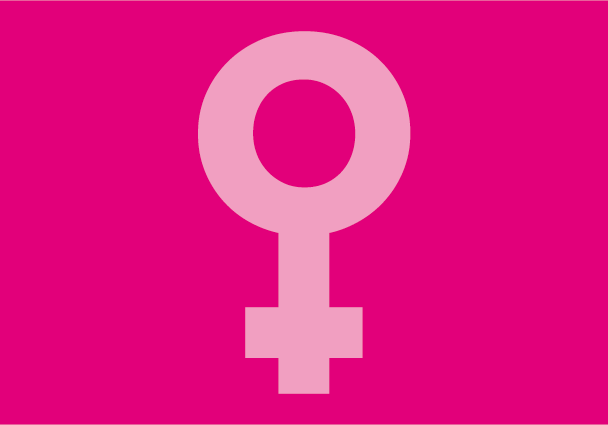
Jun 11, 2014 | Events
The ICJ’s Senior Legal Adviser on women’s human rights participated in a panel discussion on ‘Gains, gaps and challenges in addressing violence against women’, convened on 10 June 2014 in the margins of the Human Rights Council’s 26th regular session in Geneva.
The event was co-sponsored by the Office of the High Commissioner for Human Rights (OHCHR) and the Permanent Missions of Canada and Chile and was moderated by Jane Connors, Chief of the OHCHR Special Procedures Branch. Panelists included Rashida Manjoo, Special Rapporteur on violence against women; Her Excellency Elisa Goldberg, Ambassador of Canada; Her Excellency Marta Maurás Peréz, Ambassador of Chile; and Leah Hoctor, ICJ Senior Legal Adviser.
The ICJ’s intervention focussed on remaining challenges, including the lack of prompt and effective investigations into allegations of violence against women (VAW); systemic failures in some States’ implementation of their due diligence obligations; and a series of disconnects at the international level pertaining to the link between VAW and other forms of discrimination and rights violations that women face, the lack of a holistic conceptualisation and treatment of VAW, and the insufficient integration of legal and normative progress in the discussions and approach of international fora.
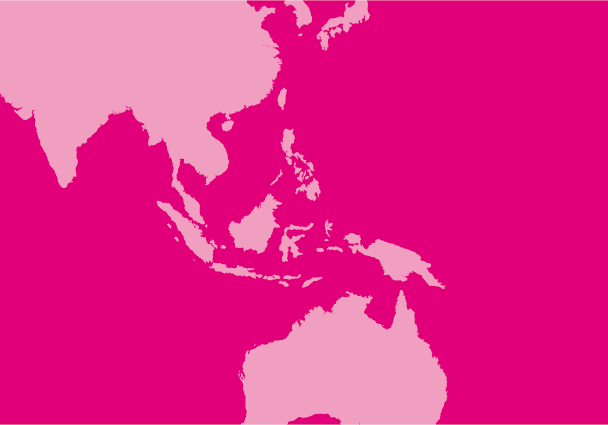
Jun 11, 2014 | News
The ICJ and the Cambodian Center for Human Rights (CCHR) today urged the Cambodian Senate to delay its decision to review three judicial reform draft laws on 12 June.









